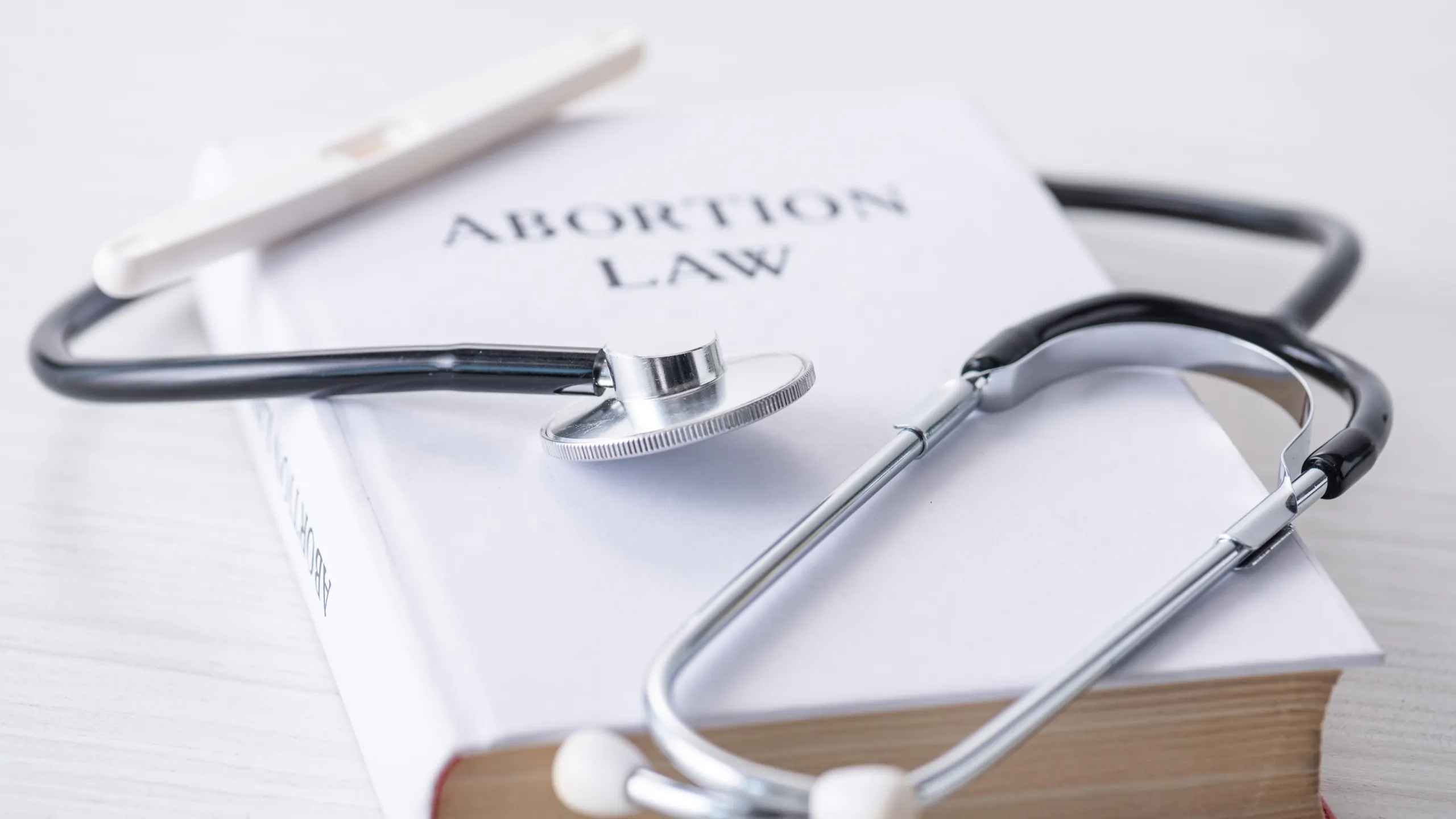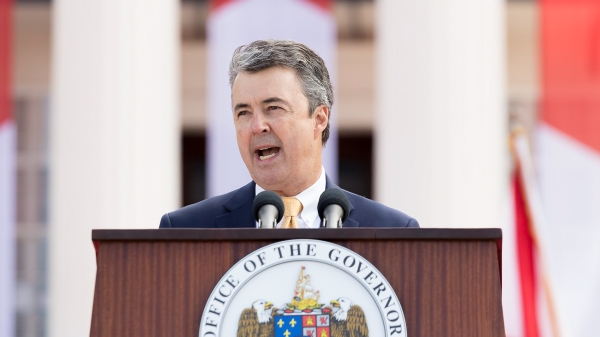The author of a 2019 bill banning almost all abortions in Alabama is urging lawmakers to drop a new bill taking a different angle to accomplish the goal.
The new bill mirrors a Texas law that has been in effect since Sept. 2021. It would ban abortions after a fetal heartbeat is detected, but instead of enforcing that ban through criminal penalties, the law creates the ability for anybody to sue a person or organization who performed or aided in the abortion.
With a $10,000 minimum reward for successful suits, some critics have called the law a “bounty hunting scheme.”
Birmingham attorney Eric Johnston, president of the Alabama Pro-Life Coalition, has written more than 12 of the state’s anti-abortion laws, including the 2019 ban.
He says the new law “violates the basic tenets of legal procedures in this country.”
“There are proper ways to do things and improper ways to do things,” Johnston said. “In order to sue someone, you have to show some sort of injury that gives you a right to sue. Under this law, anyone can sue abortion clinics and get a $10,000 judgment.”
Opponents of the bill have argued the bill was written to be enforced by private action as a way to sidestep Roe v. Wade.
Rep. Jamie Kiel, R-Russellville, said he is sponsoring the bill as a “stop-gap” measure while the 2019 bill makes its way through the courts.
“The 2019 bill is currently being appealed and is not in effect,” Kiel said. “The Texas bill is in effect in Texas. There are 16 abortions in Alabama every day … My only concern is saving the lives of those who cannot protect themselves. If it stays on the books one day, that’s 16 lives in Alabama.”
Kiel pointed to the law’s success in Texas, where it has been able to remain in effect even after being reviewed by the Supreme Court.
However, Johnston said the Supreme Court’s 8-1 opinion is merely a procedural issue and not based on the merits of the law.
“Basically, the court was saying it could not address the merits of the case on appeal “pre-enforcement” of the law and based only on a motion to dismiss the case, that is, the earliest stage of pleading,” Johnston said.
Although the Supreme Court did not block the law, Johnston said the opinion provides “the road map” for challenging the law on its merits and would mean the law would never have a chance to be enacted in Alabama if the Legislature passed it.
“The case has a long ways to go and a lot of potholes in it,” Johnston said.
Although the 2019 abortion ban is still “held up in Judge Myron Thompson’s court,” Johnston said the bill is progressing through the courts exactly as expected. It was designed to be immediately blocked and work its way up to the Supreme Court to challenge Roe v. Wade.
Johnston said the fetal heartbeat laws don’t directly make the case for the personhood of the fetus, which is the key element that anti-abortion-choice advocates seek to argue before the justices.
The Supreme Court’s opinion on Roe v. Wade explains: “[Texas] argues that the fetus is a ‘person’ within the language and meaning of the Fourteenth Amendment… If this suggestion of personhood is established, the appellant’s case collapses, for the fetus’ right to life is then guaranteed by the 14th Amendment.”
The House Republican Caucus did not list the bill as part of its agenda Wednesday, but House Majority Leader Nathaniel Ledbetter, R-Rainsville, said the caucus would consider supporting it. The bill has 23 Republican co-sponsors.



















































